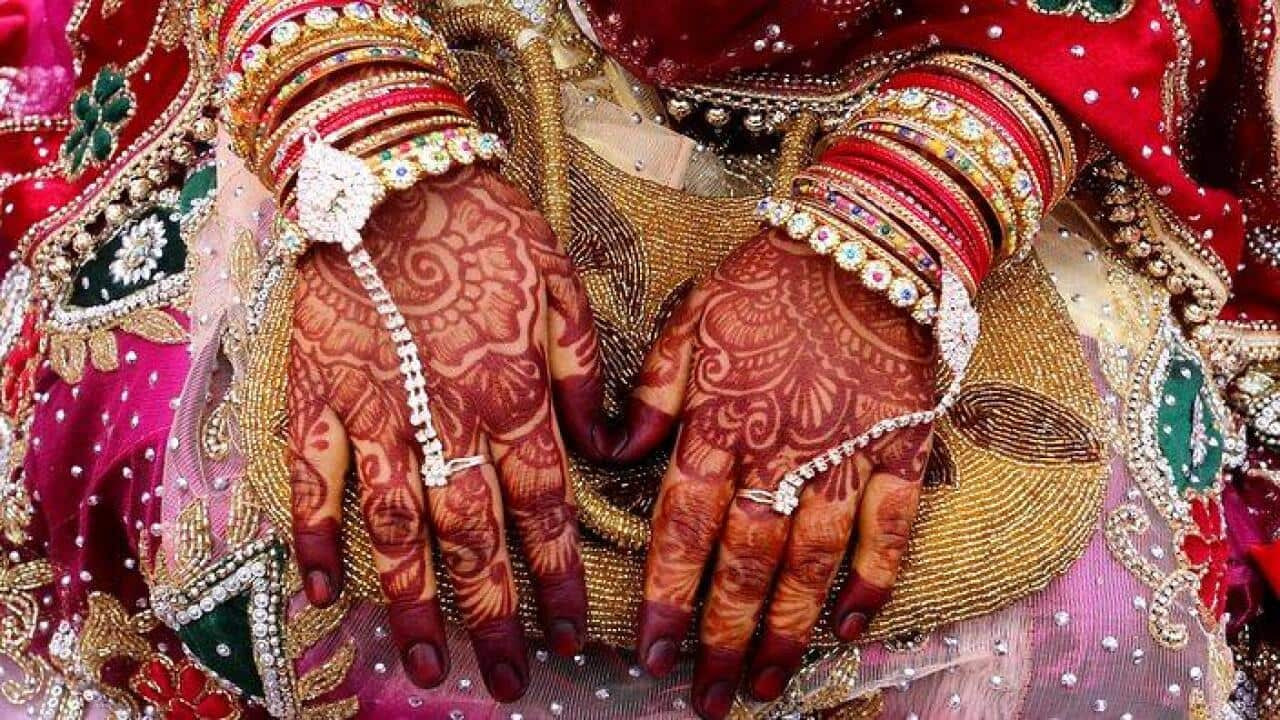An Indian national whose visa was cancelled over domestic violence charges continues to languish in immigration detention ten months after the charges were been dropped.
Mr Singh* has been in immigration detention since August 2017 after his student visa, as a dependent of his wife, was cancelled in March 2017 as he was deemed a risk to his wife following charges of domestic violence.
Twenty-eight-year-old Mr Singh came to Australia in October 2016. Nearly a month after his arrival, his wife called the police and alleged that he repeatedly punched her in the stomach, placed a hand on her mouth so she couldn’t breathe and forced an abortion pill into her mouth.
The next day the court issued an intervention order for the protection of his wife and it became the basis for the cancellation of Mr Singh’s visa along with the fact that his relationship with his wife who was the primary visa holder, had ceased.
“It appears that the visa holder’s presence in Australia may be a risk to the safety of an individual, specifically his wife,” the Department of Home Affairs said while cancelling his visa.
Mr Singh- now an ‘unlawful non-citizen’ - had his application for a Bridging Visa E refused on character grounds resulting from the cancellation of his visa due to the domestic violence charges against him.
However, the charges were dropped in the County Court of Victoria April last year, vacating the final directions hearing and the trial that were due for later in the year. Mr Singh says the allegations against him were false and that the visa was cancelled without the due process of law.
Mr Singh says the allegations against him were false and that the visa was cancelled without the due process of law.

Mr Singh at Broadmeadows immigration detention centre. Source: Supplied
“This action should have been taken after a determination of the charges by a court of law. I was presumed guilty just based on allegations levelled by my wife, my visa was cancelled and I was placed in detention - all based on unsubstantiated allegations,” he told SBS Punjabi.
Despite the charges having been withdrawn nearly ten months ago, Mr Singh remains in an immigration detention centre in Melbourne after his request for a bridging visa was refused on character grounds.
“I have asked about it many times but my immigration case officer told me that the minister [Minister for Home Affairs] takes the decision to revoke section 501 which might take many months,” Mr Singh said.
Migration agent Sunny P Chandra who works on cases of detainees in immigration detention says Mr Singh should be freed from detention.
“Since the charges against him have been dropped, his circumstances have changed and the character clause that prevents him from applying for a bridging visa should now be waived off,” he told SBS Punjabi.
“But until he gets a bridging visa, he is an unlawful non-citizen and he will have to resolve his status first.”
The Department of Home Affairs declined to comment saying it doesn't comment on individual cases.
Marriage for visa
Mr Singh says the genesis of his current situation stems from his marriage in January 2016. Though it was an arranged marriage, he says the relationship began on a transactional basis where his wife was supposed to get him to Australia and in return, he was to pay for her expenses in Australia.
“We had this understanding but it wasn’t a fake marriage or contract marriage. I genuinely wanted us to stay together,” Mr Singh says.
“My family paid nearly Rs. 2,000,000 ($40,000) for her university fees and airfare. But as soon as I arrived in Australia, I found that her behaviour was not the same.”
Mr Singh stayed with his wife for 24 days in Australia before she called the police and alleged he assaulted her.
“We did have an altercation but the allegations that I punched her and shoved abortion pill into her mouth are false. There was no evidence that’s why the charges have been dropped now,” he says.
"IELTS Brides"
There are growing concerns about such marriages wherein Australian student visa holders use their English language qualifications to bargain for financial assets from their partners and their families.
A Canberra-based women’s advocacy group, Initiative for Women In Need, told a recently concluded Senate inquiry investigating dowry abuse that such marriages were leaving the dependent partner on Australian visa vulnerable to exploitation.
Advertisements looking for brides who can pass the English language test to secure admission in courses in developed countries such as Australia, are very common in newspapers in Punjab.
Known as IELTS brides, these young women are wittingly or unwittingly becoming a tool for immigration to countries like Australia, New Zealand and Canada.
“Often the partners who could not find another way to get a PR would be vulnerable to exploitation or domestic violence, and likely to use dowry as a harsh stick to harm the other partner,” said Dr Madhumita Iyengar of IWiN.
With his experience, Mr Singh says he would warn anyone even contemplating such a step.
“I now realise how big a mistake it was to start a relationship like that. She needed money and I had the lure of coming to Australia. If it had been any different, I wouldn’t have been locked up in detention."
*Not his full name as he can't be identified for legal reasons.





